What is a Government Shutdown?

In the US, a Government Shutdown is when funding isn’t secured to keep parts of the government running.
The United States of America is a country consisting of 50 states, 48 adjoining, Alaska and Hawaii, a federal district (D.C.), five major territories, and 11 other territories.
The United States of America is sometimes called the U.S. or America for short (although, America technically refers to the contents of North and South America when not used in context of the United States).

In the US, a Government Shutdown is when funding isn’t secured to keep parts of the government running.
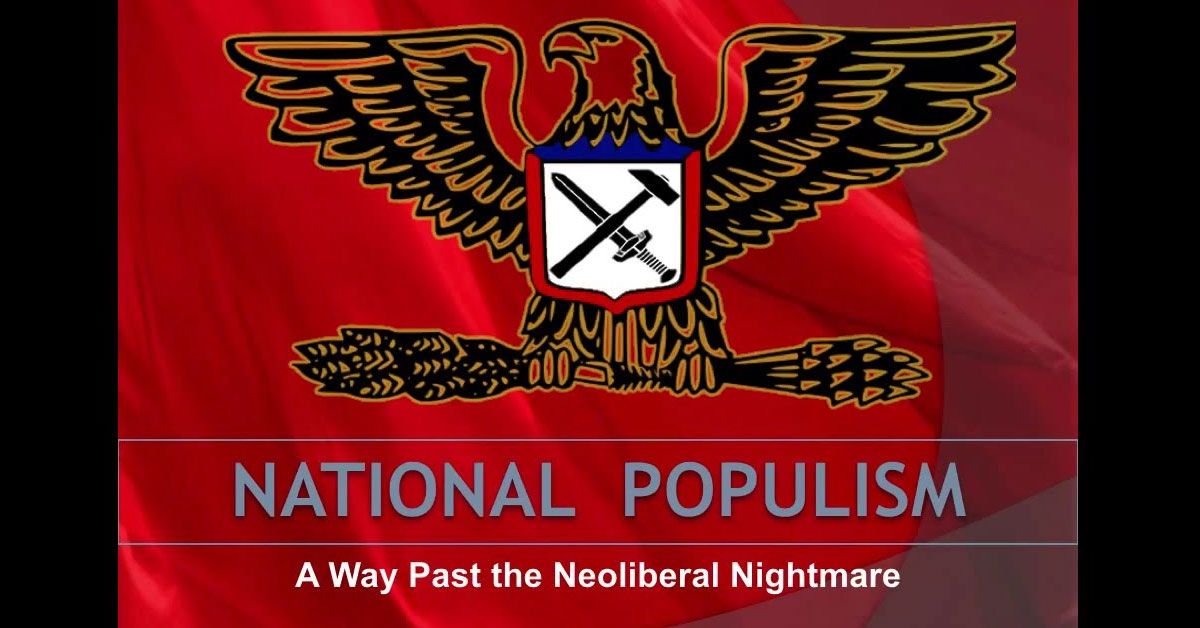
Steve Bannon eluded to a “National Populist” “Deconstruction” agenda in a recent speech. We take a look at the historic meaning of those terms.

The New Deal Coalition and Conservative Coalition are two coalitions that are emblematic of both the 20th century party switches and the modern parties.

We explain the “vast-right wing conspiracy” (or right-wing strategy) that Hillary talked about in the 90s (and the left-wing equivalent).

Conservatism is the ideology of governmental, cultural, and economic order, tradition, hierarchy, and authority that generally comes in classical, social, and economic forms.
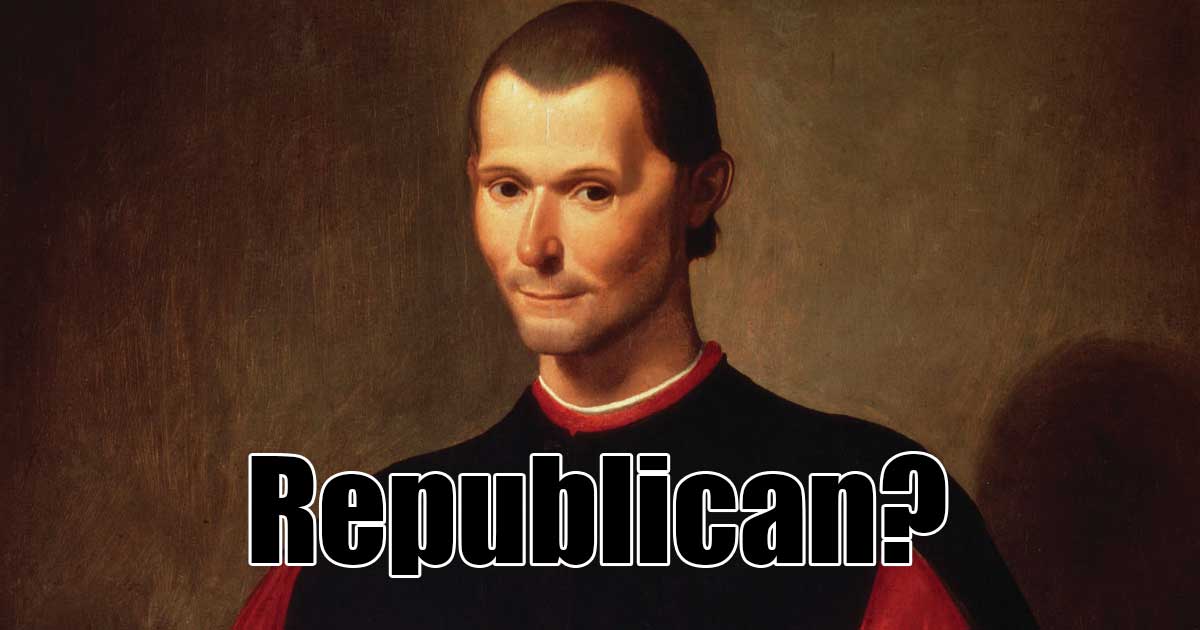
We discuss Republics in general including the philosophy of republics, classical and modern republicanism, and real Republics in-action.

The problem with unsubstantiated information is that it is unverified as true, and often leaked by sources with plausible deniability, which is confusing.
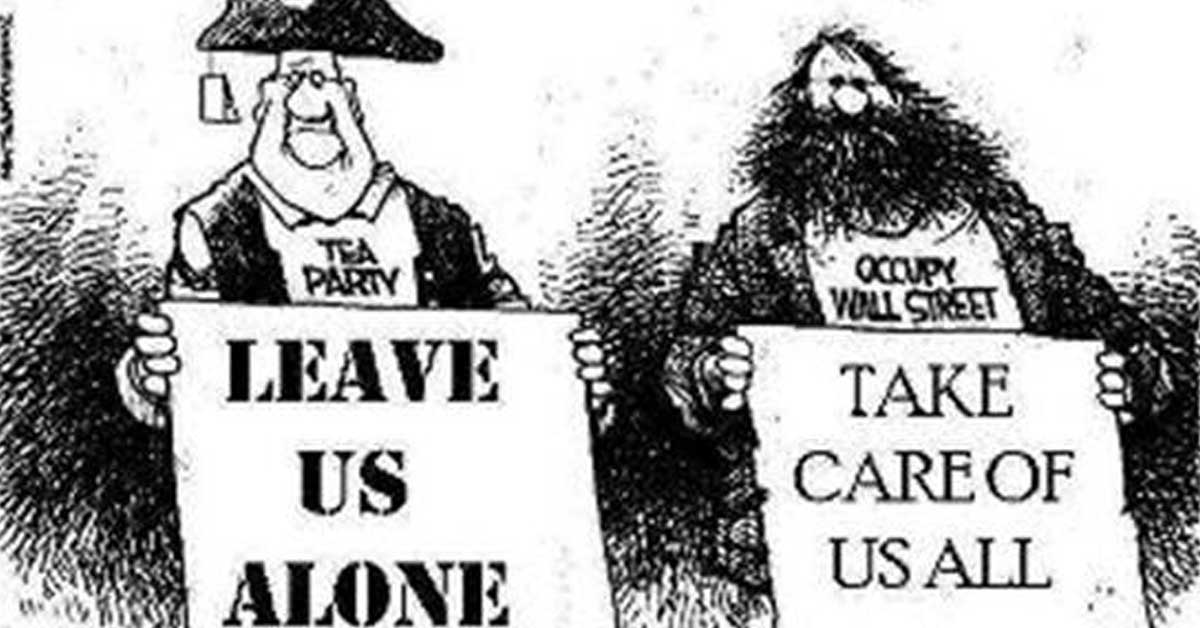
The modern Tea Party is a progressively conservative nativist protectionist populist movement that represent a response to globalism and progressive social liberalism.
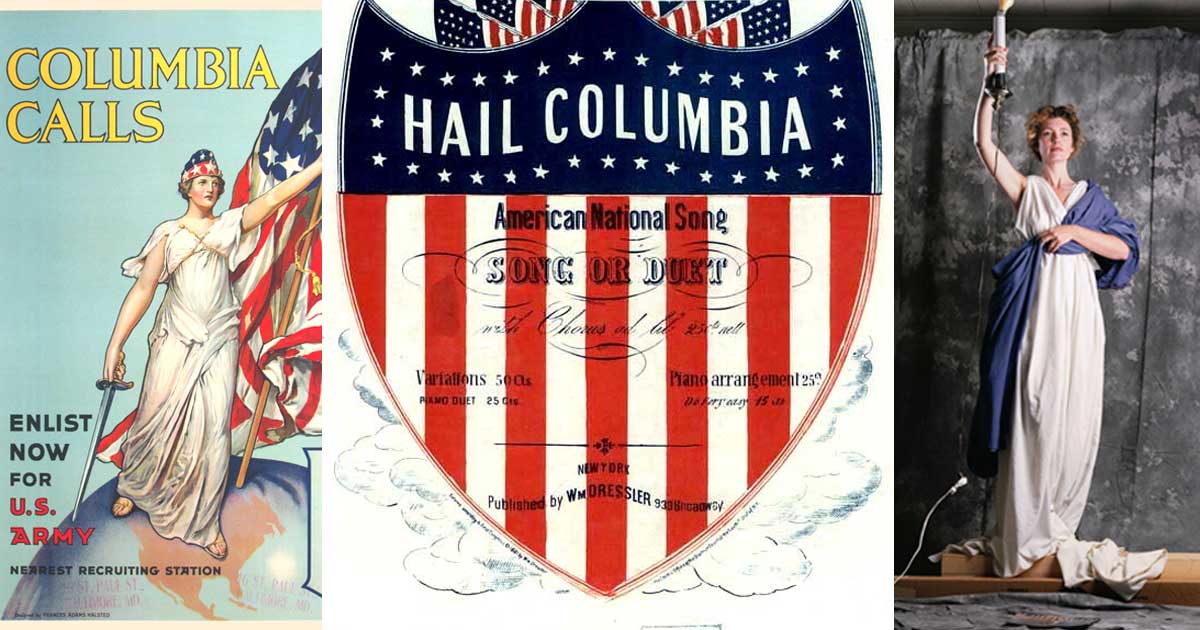
The United States can be thought of as a union of diverse and sovereign regions, of sovereign people, who agree on the basic principles of democracy, republicanism, federalism, and liberalism in general.
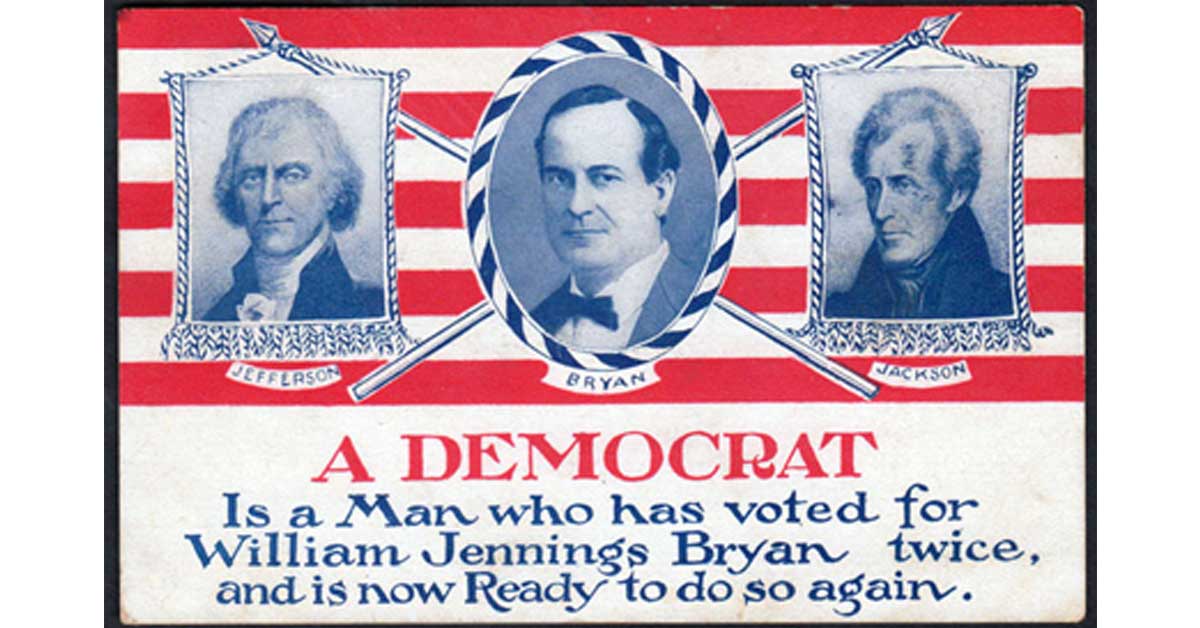
Thomas Jefferson is credited with having said, “equal rights for all, special privileges for none,” a slogan that other progressive Democrats like Williams Jennings Bryan embraced.